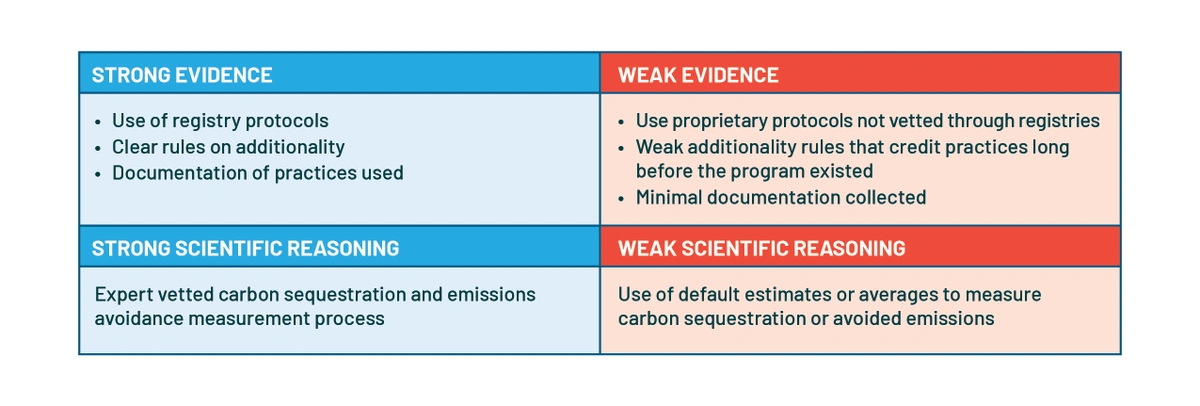Federal Trade Commission greenwashing enforcement: What it means for ag carbon credit programs and growers
Ag carbon programs continue to gain steam. However, the wide range of program formats, eligibility periods, contract lengths, pricing structures, and other elements can quickly make comparing the programs quite confusing. When so many options exist, understanding larger carbon market trends can be advantageous, making it clearer which programs are set up to succeed as markets adapt and which ones are not.
Recently, the Federal Trade Commission (FTC) has worked to update the guidelines restricting deceptive marketing practices, including how companies communicate their sustainability initiatives. So, what does this mean for agricultural carbon markets?
Consumers and investors are increasingly dedicating more of their wallets to companies that prioritize sustainability initiatives. To stay competitive, companies are taking action to improve their sustainability activities and then sharing the story of those activities in marketing efforts. In some cases, companies have made statements exaggerating their sustainability activities—a.k.a. “greenwashing.” Because of this, consumers and investors are holding companies to higher standards, asking for increased accountability. To demotivate exaggerated sustainability claims and greenwashing, the FTC may step in and enforce standards regarding deceptive statements, resulting in fines and negative publicity.
Because many companies’ sustainability initiatives focus on reducing their carbon footprints, the market is increasingly looking to agricultural carbon credits as a source of carbon offsets. But, not just any carbon offsets will do—the increased demand for accountability alongside sustainability claims from consumers and investors mean that carbon offset buyers need carbon credits that have scientific proof backing the impact, and value, of the credits. The FTC’s standards underline this need.
There are very few high-quality agricultural carbon credits on the market today. High-quality credits have proven their value at every stage of the value chain, from rigorous methodology, to scientific support, to verification by third parties, and finally registry issuance. The Carbon by Indigo program helps farmers produce these high-quality, high-value credits, and the demand for them continues to skyrocket.
So what does strong evidence and scientific reasoning look like in an ag carbon credit platform? To easily compare, here is a handy chart:



